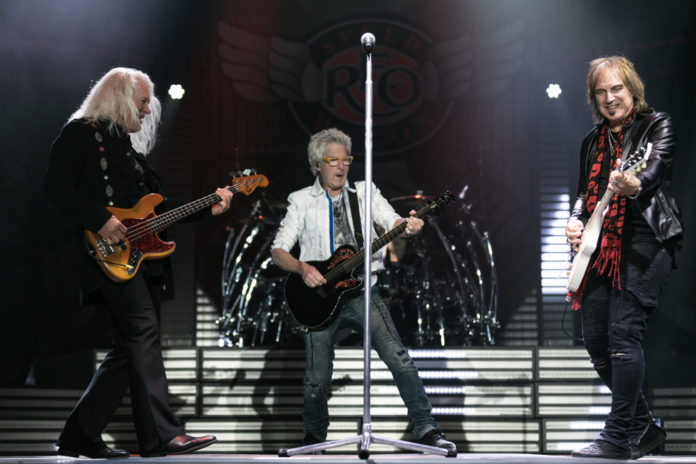Protest alleging that the agency made an improper award to a state licensing agency under the Randolph-Sheppard Act is dismissed. The protester asserted the agency improperly conducted discussions only with a state licensing agency. GAO found that this was an untimely challenge to the terms of the solicitation. The protester alleged that it heard from a representative of the awardee that the evaluation had been flawed. GAO dismissed this argument as speculative. The protester also contended the awardee violated the Procurement Integrity Act. But GAO dismissed this too because the alleged violation did not implicate a government official.
The Army posted a solicitation seeking food services at Fort Knox, Kentucky. The procurement was conducted pursuant to Randolph-Sheppard Act, which gives a priority in the selection process to blind persons represented by a state licensing agency. Indeed, the solicitation provided that if a state licensing agency was found to be in the competitive range, the agency would enter negotiations solely with the state agency.
Mitchco International submitted a bid in response to the solicitation. But the Army made award to a state licensing agency, the Kentucky Office of Vocational Rehabilitation (KOVR). Mitchco protested.
Mitchco first argued the Army held unequal discussions when it decided to only enter discussions with KOVR. GAO found this argument untimely. The solicitation clearly provided that state licensing agencies would be given priority, and that the Army would initially hold discussions solely with the state agency. If Mitchco objected to the terms of solicitation, it was required to file a protest before the proposal deadline. It was precluded from raising this argument after award.
Next, Mitchco claimed that the Army’s evaluation of KOVR’s technical and price proposals was flawed. GAO dismissed this argument too, finding that it was based entirely on the statements made by a KOVR representative during a site visit. The allegations were speculation and devoid of any clear statement or details as to what the agency did wrong or how KOVR’s proposal violated the terms of the solicitation.
Mitchco also alleged that KOVR and its teaming partner had violated the Procurement Integrity Act by improperly obtaining Mitchco’s proprietary information. But the Procurement Integrity Act prohibits federal government officials from disclosing proprietary information. It does not apply to disclosures made by private parties. Here the allegations, involved a private dispute between private parties.
Lastly Mitchco claimed that KVOR was not a Kentucky state licensing agency. GAO noted that the record specifically contradicted this contention. In April 2020, the Department of Education, which has exclusive oversight of compliance with the Randolph-Sheppard Act, confirmed that KOVR was the designated state licensing agency for Kentucky. What’s more, GAO noted, when Congress has vested decision making authority in another federal agency, GAO will not consider protests involving issues subject to review by that agency. Here, any challenge to KOVR’s status under the Randolph-Sheppard Act would have to be resolved by the Department of Education, not GAO.
Mitchco is represented by Alan Grayson. The agency is represented by Ronald Herrmann, Gregory O’Malley, and Scott N. Flesch of the Army. GAO attorney Kasia Dourney and Christina Sklarew participated in the preparation of the decision.




